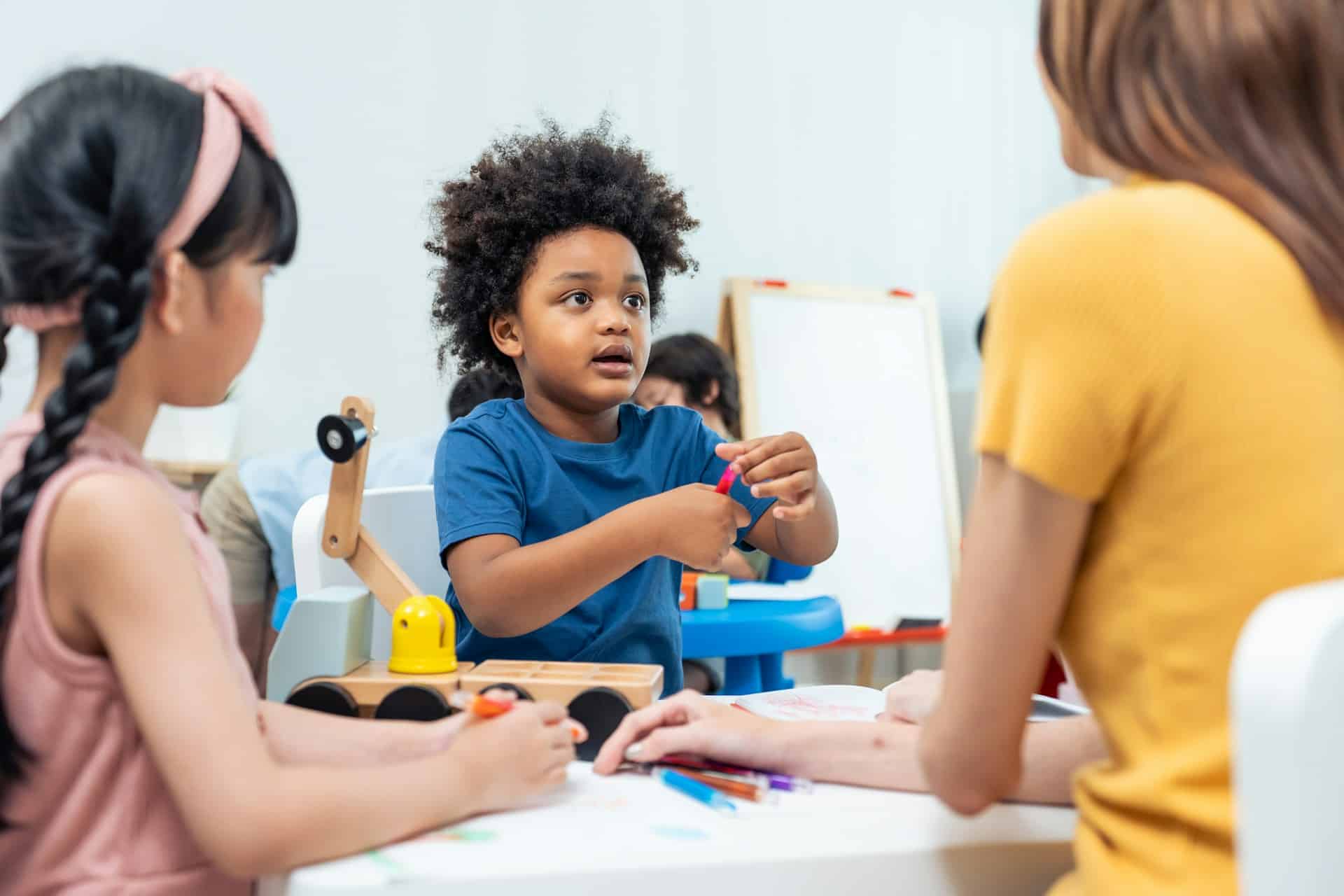Play can promote creativity while helping children develop imagination, as well as physical, cognitive and emotional strength. In addition, as children develop new skills during play, they build the confidence and resiliency they will need to face future challenges. Below are some ways you can increase learning opportunities for your child during play.
Autism-Friendly Activities for Kids
Fill a container with rice and use cups to practice scooping and pouring with the rice. Use toy animals in a small tub of water for water play. Hide and find buried treasure by digging in a makeshift sandbox. Blow bubbles and balloons, roll balls down a slide or play with a roll out tunnel or exercise ball.
Modulate Your Child’s Arousal
If you notice your child’s arousal has increased during play to a point where they’re unable to concentrate on the task at hand, try reducing your enthusiasm, tone of voice and affect. Your child will naturally match your arousal which helps your child regulate and refocus their attention on the task.
Observe What Your Child Does – Commenting and Imitating
When opening an activity, you may begin by commenting on what they are doing or imitating them to demonstrate that you comprehend what they are doing. Go inside their world, follow their lead to help you both decide on a theme for the activity; this might be hanging monkeys on a chain, singing a song or pretending to feed or bath the toy doll.
It’s about pursuing their interests together, assisting them in developing new play concepts, and having fun.
Jump into Your Child’s Spotlight of Attention
Make the play interesting by using your voice, face, and facial expressions. It’s okay if they initially appear not to notice. As you lean backwards, bring objects up to your eyes and continue to attempt and match them, you will soon see them look up or notice and get more interested in having you as a gaming partner.
Develop Their Concepts and Capability
A child may become stuck during play or be unsure of how to proceed. You might want to step in and finish everything for them to save the day. Instead, begin by helping them with the first part of the issue and then wait if they can figure out what to do next. As long as they don’t figure it out on their own, keep doing this to scaffold their learning of each step and build their confidence.
Communicative Cues
Keep an eye out for verbal and non-verbal cues at this time. A grin, a look, or a response are all ways that your child can communicate with you. Watch for these moments and respond to your child every time they use verbal and non-verbal communication.
Conclusion
Play is a fantastic method to develop skills like attention, sharing, and communication. Play one-on-one with your child or encourage play between your child and other friends or siblings to help your child develop these skills.
If you’re looking for an ESDM provider near you, Amazing Kids is here with open arms. We are an ESDM early intervention provider, delivering effective evidence-based, individualised services in Melbourne.
We specialise in working with families of young children with challenges in communication, social skills, and other developmental areas. Contact us today to learn more.


